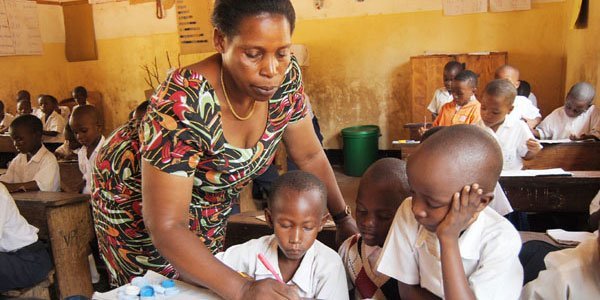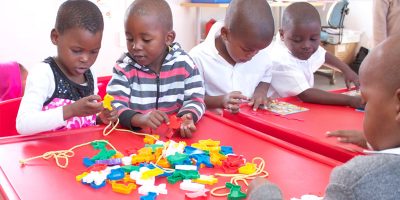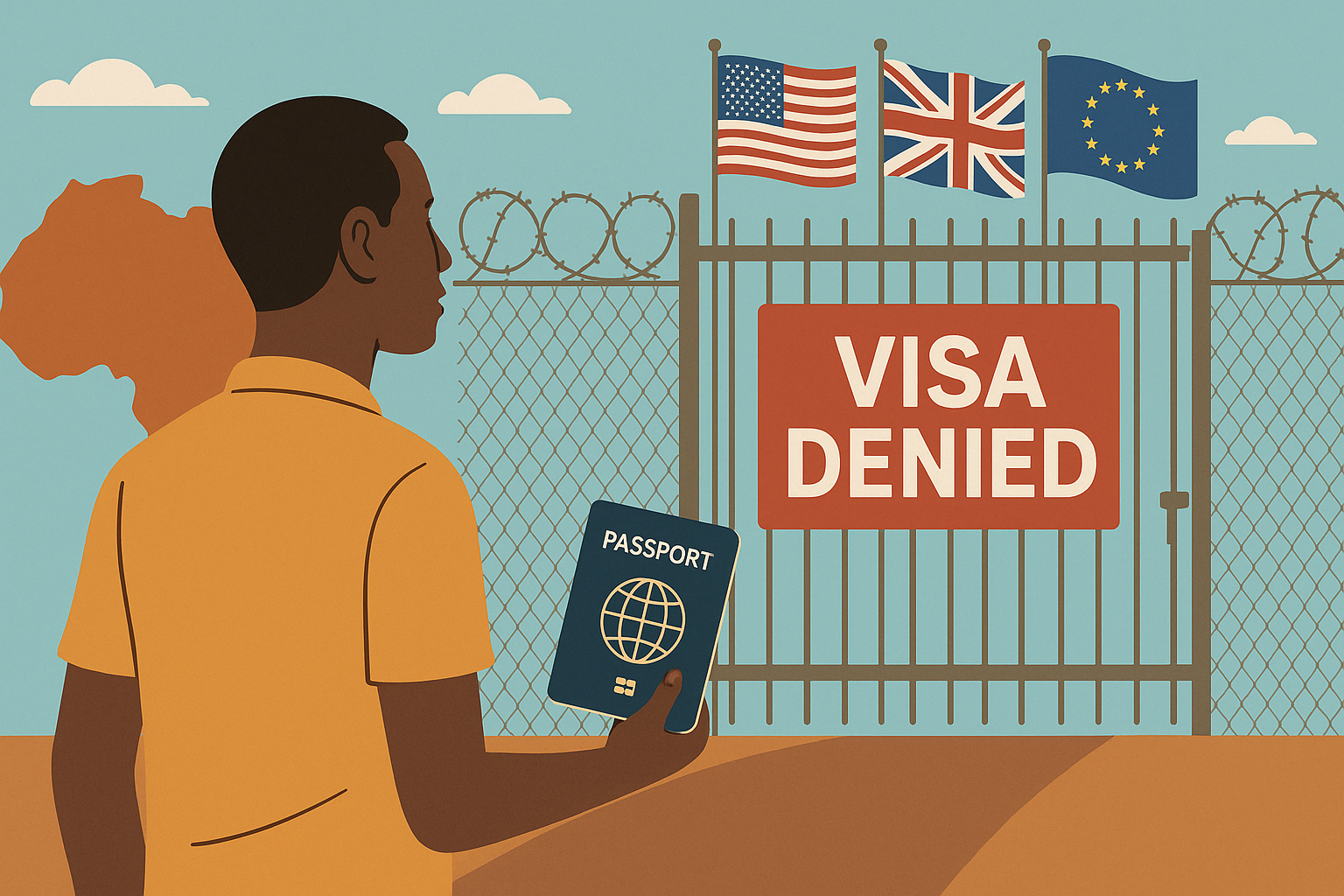Quality education is generally the one that focuses on the whole child the social, emotional, mental, physical, and cognitive development of each student regardless of gender, race, ethnicity, socioeconomic status, disability or geographic location.
It is grounded within principles and premises that prepare a child for life, not just for testing and exam passing. It acknowledges the learning challenges of an individual child and building on those challenges to unleash the potential within a child.
Quality education portrays an array of possibilities and prospects out of child and engineer’s helpful pathways to enable him acquire skills and competency necessary for life. It fosters learning development beyond the corridors and walls of the school set up.
It builds a person, who is ready and determined to contribute to sustainable solutions to mankind problems. Basic Education providers in the country must address the social determinants of quality education such as poverty, security, food shortage, disability, infrastructure and proximity to other social services, environment, culture and norms, societal behavior and family fabrics in order to improve the quality of learning and development needs of the T
All children across the globe are equally talented and gifted in one way or the other. By and large, life itself presents multiple options and opportnities through which any child can attain achievement if guided well.
The difference only comes on the set of platforms where one child is groomed compared to where another child is nurtured to attain his God-given potentials.
We sometimes forget that it is social related challenges that inhibit quality education in most of our schools. The problem is exacerbated further by poor planning at the planning stage and implementation stage which does not provide a room to forecast social ills surrounding
Furthermore, the problem is even more fueled by
Recently, results of various examination levels have come out where multiple reflections of passes and failures have characterized different schools and labeled many students who sat for those exams.
Statistically, the pass rate for 2018 form four results has slightly increased, yet division four and division zero brackets are alarming. This calls upon serious analysis on return on investment of schooling a child. It further demands a parent and guardian to think beyond a child performance and rather focus on a child’s ability that might have not been well identified throughout her school tenure.
In light of this, teachers, parents, government, stakeholders in education and communities have the sole responsibility for tackling social problems within our school systems that may seem intractable. Some of the solutions aimed at addressing social ills within our schools may not require a lot of financial resources rather a strategy that pinpoints the root cause and specifies the solution.
For instance, an issue of social norm and culture may at most require
Where poverty is tolerated and not adequately addressed and where immorality is appraised within the societal fabric quality education cannot be attained.
It is high time that
It is easier to raise fingers and condemn teachers especially when results are very poor. However, before we do so let’s challenge ourselves with
It’s quite important before ones send a child to a certain school to revisit objectively a checklist of social factors that may eventually contribute to
This is a collective social responsibility for any progressive community which values quality education. Until then, an intervention that addresses the quality of teachers alone to change exam results of students may not
A strategy to address social ills within poorly performing schools is inevitable if quality education is to improve. Borrowing a leaf from

















Comments